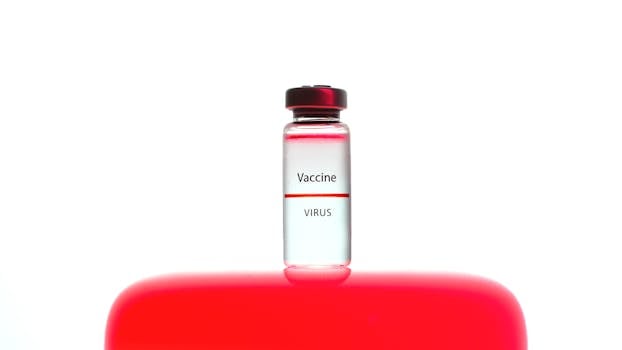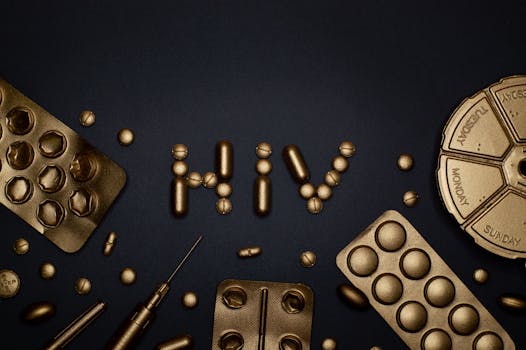
The Science Behind Vaccines and Public Health
The science behind vaccines and public health is a complex and fascinating field that has saved countless lives. Vaccines have been instrumental in controlling and eliminating many infectious diseases, and their impact on public health cannot be overstated. In this article, we will delve into the science behind vaccines, how they work, and their impact on public health.
What are Vaccines?

How Do Vaccines Work?

When a vaccine is administered, it is taken up by the body’s immune cells, which then process the vaccine and present it to the immune system. The immune system recognizes the vaccine as a foreign substance and mounts an immune response, producing antibodies and immune cells that are specific to the virus or bacteria in the vaccine. This immune response provides protection against future infections with the same virus or bacteria.
The Impact of Vaccines on Public Health

The impact of vaccines on public health has been profound. Vaccines have been responsible for controlling and eliminating many infectious diseases, including smallpox, polio, measles, and rubella. In addition, vaccines have also had a significant impact on reducing the incidence of other diseases, such as influenza, pneumococcal disease, and human papillomavirus (HPV) infection.
Vaccine-Preventable Diseases

There are many diseases that can be prevented through vaccination. Some examples include:
- Measles
- Mumps
- Rubella
- Polio
- Influenza
- Pneumococcal disease
- Human papillomavirus (HPV) infection
- Heptatitis B
- Tetanus
- Diphtheria
Benefits of Vaccination

The benefits of vaccination are numerous. Some of the most significant benefits include:
- Prevention of infectious diseases
- Protection of vulnerable populations, such as the elderly and young children
- Reduced risk of complications and death from infectious diseases
- Reduced risk of outbreaks and epidemics
- Cost savings through reduced healthcare costs and lost productivity
Conclusion

In conclusion, the science behind vaccines and public health is a complex and fascinating field that has saved countless lives. By understanding how vaccines work and their impact on public health, we can better appreciate the importance of vaccination and its role in preventing the spread of diseases. It is essential that we continue to support vaccination efforts and promote the importance of vaccination to ensure the health and well-being of individuals and communities around the world.



